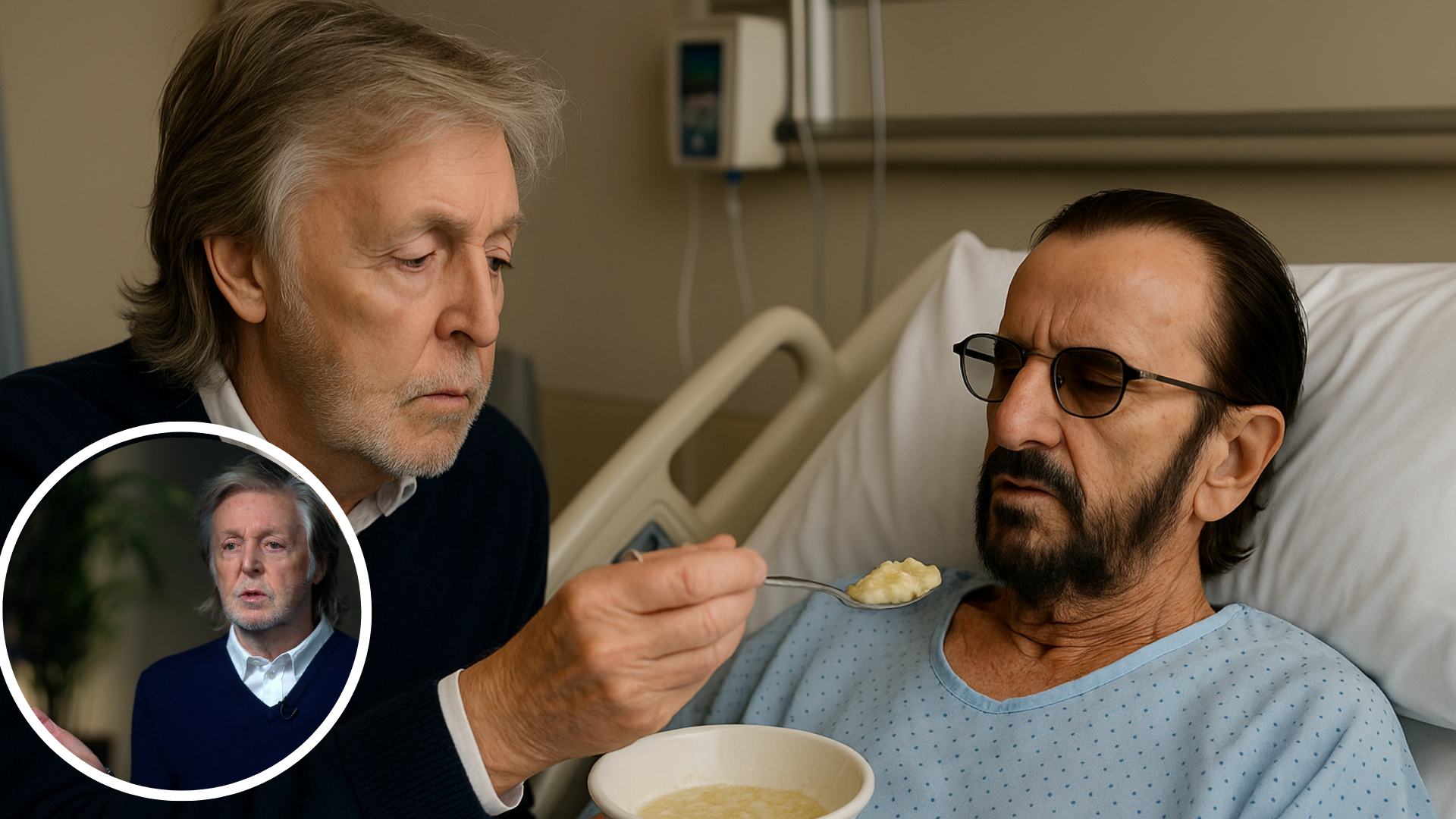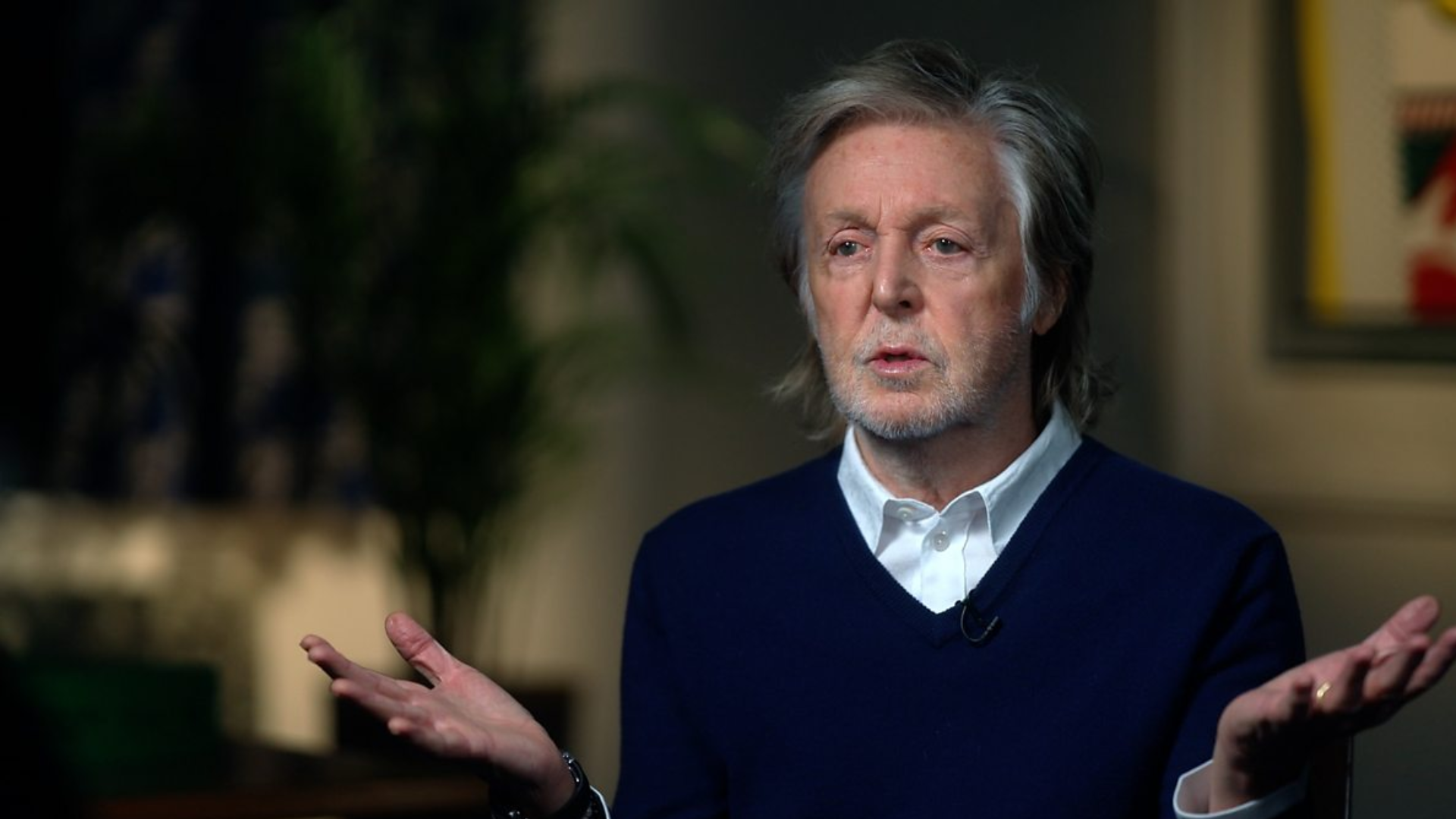
There are songs that feel less like they were written and more like they were given — timeless gifts to the world. “Let It Be” is one of them. Written by Paul McCartney and released in 1970 as the Beatles were nearing their end, the song has since become one of the most enduring hymns of comfort and peace ever recorded.

McCartney has often shared how the song came to him in a dream of his late mother, Mary, who had passed away when he was just a boy. In the dream, she told him, “It’s going to be okay. Just let it be.” Those words became not only the title but the spirit of the song — a message of quiet faith when life feels overwhelming.
The song’s lyrics are simple yet profound. “When I find myself in times of trouble, Mother Mary comes to me, speaking words of wisdom, let it be.” It is a reminder that even in our darkest nights, there is guidance, comfort, and the possibility of peace. The universality of those words has allowed millions to hear them in their own way — whether as spiritual reassurance, personal reflection, or simply a gentle call to keep moving forward.
Musically, “Let It Be” is tender and unpretentious. McCartney’s piano forms the heartbeat, steady and grounding, while his voice carries a blend of fragility and strength. The harmonies, understated but powerful, lift the song into something almost sacred. George Harrison’s guitar and Ringo Starr’s subtle drumming add depth without ever overshadowing the central message.
What makes “Let It Be” timeless is its balance of sorrow and serenity. It was born in a time of tension — both within the Beatles and in the wider world — yet instead of anger, McCartney chose compassion. Instead of despair, he chose hope.
More than 50 years later, “Let It Be” continues to comfort those facing grief, uncertainty, or change. It has been sung at weddings, funerals, vigils, and quiet moments alone at the piano. It is a song that belongs not just to the Beatles, but to everyone who has ever needed to hear: It’s going to be alright. Just let it be.